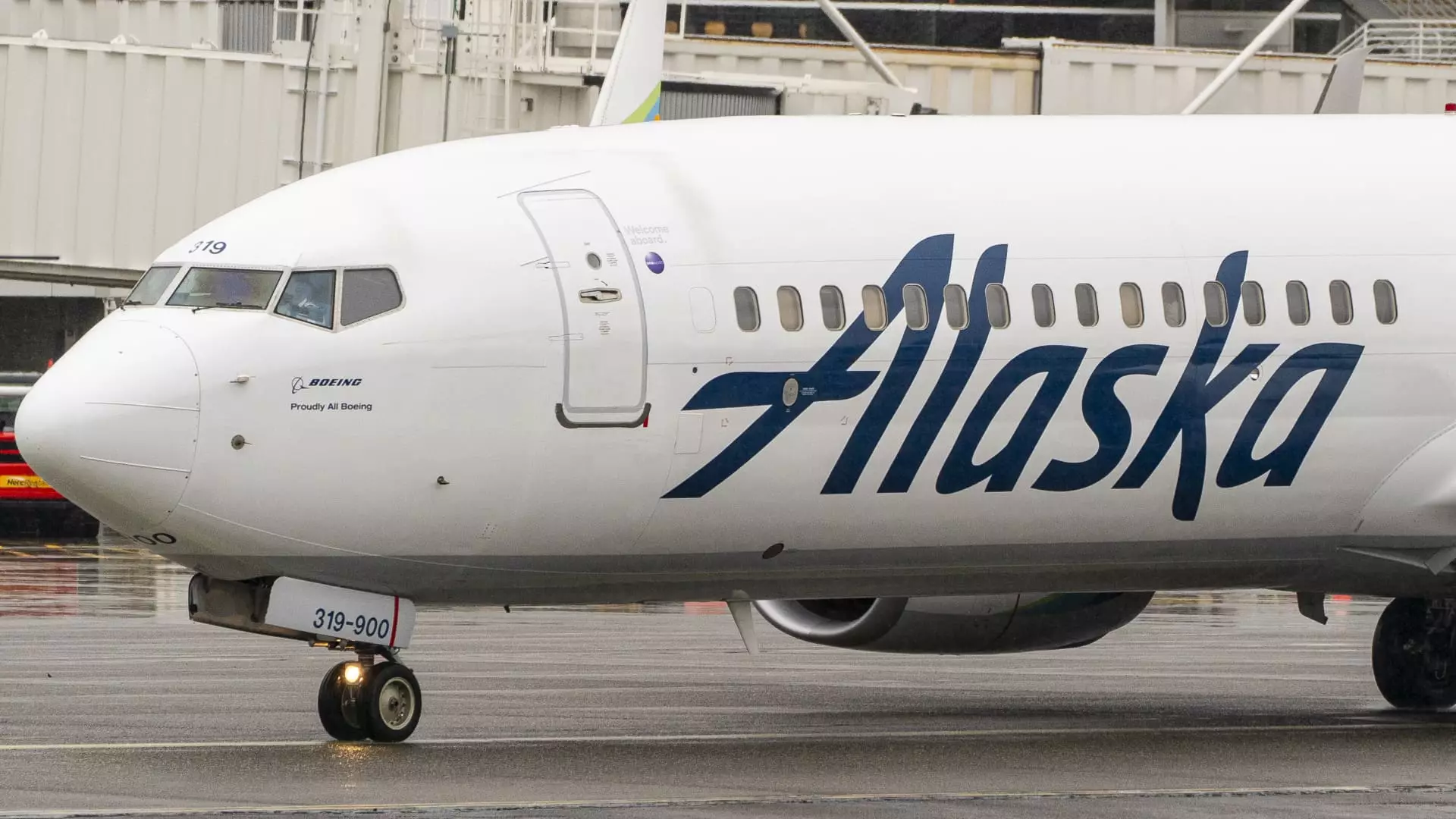Alaska Airlines flight attendants made a bold move by rejecting a new labor deal that would have brought immediate raises averaging over 24%. The decision was announced by their union on Wednesday, signaling a potential roadblock in the ongoing negotiations between the two parties.
Initially, the union and the company had reached a tentative agreement in June, which was dubbed as a “record” deal. This agreement included various benefits such as boarding pay, back pay, and an average pay increase of approximately 32% over the span of a three-year contract. Despite these enticing offers, the flight attendants decided to push back, indicating that there is still room for further improvement.
The Association of Flight Attendants-CWA stated that there is more work to be done and that they will be conducting member surveys to pinpoint the key issues that need to be addressed. This implies that both sides will have to return to the negotiating table with a willingness to compromise and find common ground.
The backdrop of this labor dispute is set against a larger trend in the airline industry. In the wake of the Covid-19 pandemic, airline workers across the board have been advocating for better pay and improved working conditions. The disruption caused by the pandemic exacerbated existing issues, making it imperative for companies to reassess their labor agreements.
With the rejection of the proposed labor deal, Alaska Airlines now faces uncertainty in the midst of a potential merger with Hawaiian Airlines. This delay in reaching a new agreement with the flight attendants could have ripple effects on the overall success and stability of the company in the long run.
The rejection of the new labor deal by Alaska Airlines flight attendants underscores the importance of fair compensation and working conditions in the airline industry. As negotiations continue and both sides work towards a mutually beneficial agreement, the outcome will not only impact the employees directly involved but also the broader landscape of the airline business. It remains to be seen how this situation will unfold and what compromises will be made to resolve the existing differences.

